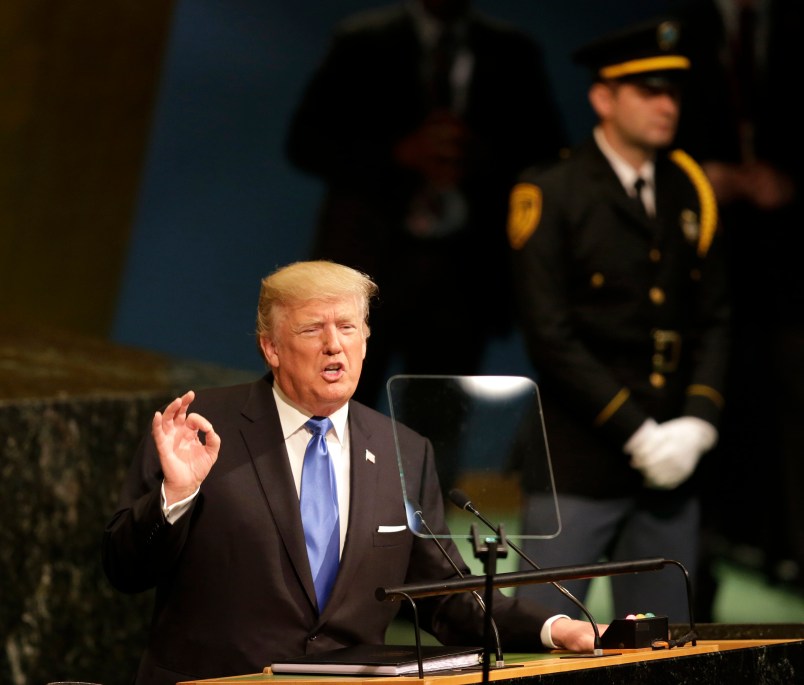When the weak or the marginalized are defiant or even threatening, there is a self-regulating dynamic which limits the danger or renders it minimal. We can see this on both the domestic and international fronts. Chants of “black power” may be superficially comparable to chants of “white power”. But most of us intuitively understand they are very different. The defiance and demand of the marginalized or disempowered is inherently defensive in nature whereas the defiance and demand of the powerful is inherently aggressive and menacing.
We can see comparable examples among nations. There are, for example, many small Latin American countries which have fierce and jealous nationalisms embedded in their political cultures. This is unsurprising since most of their histories have been lived under the boot of various great powers. It makes sense. It is when the powerful feel threatened and vulnerable that things get dangerous, often very dangerous.
1930s Germany presents the most harsh and chilling example. Nazi Germany launched an aggressive war of conquest which triggered the Second World War. But it presented itself as the victim of Jewish and Communist conspiracies and encircled by the Western Powers to the West and Communist Russia to the East. This was not entirely imagined. Germany was surrounded. That was a key reason – along with the behemoth across the ocean – Germany lost both the WWI and WWII. Our very limited sources suggest Rome’s rise to power began in efforts to secure itself against foreign aggressions. But long after it had become the hyper-power of the ancient Mediterranean it couched its conquests in defensive terms. Disentangling the self-delusion from aggressive bad faith in these cases is difficult. But the two are always present. Hyper-nationalism is often innocuous or even salutary for states which know mostly oppression and degradation. In powerful states, it’s a source of immense danger.
All of this plays out in an almost comic, though possibly tragic, form in President Trump’s view of America’s role in the world. Trump imagines a US which is a revisionist power amidst its own global imperium. The US is the dominant military power in every corner of the globe. The global economy revolves around the dollar, providing huge benefits to the US economy. One can debate the benignity or rapaciousness of US power. But no one can deny that the current world order and its foundational institutions are built to make the United States at least the first among equals of all the nation’s of the world.
And yet to President Trump we are laughed at and tricked by all the nation’s of the world, taken advantage of at every turn. We’ve been humiliated for too long and we’ve had enough. The consistency with which Trump has talked for decades about the US being ‘laughed at’ and humiliated by other countries is remarkable. This represents a deep, though minority strain of American politics on the right. But for Trump it clearly grows mostly out of personal experience and character. The mix of intense insecurity couple with a need for dominance and aggression is too central to his own personality not to be the driver of this vision of the world and America’s role in it.
Nor is it a coincidence that Trump is the doyen of white Americans who feel they are discriminated against in America, despite the fact that whites remain the dominant group in almost all sectors of American life. Both internationally and domestically these are pre-existing and intermingled strains of American political culture. But Trump embodies both because through some unhinged alchemy his own life trajectory and damaged psyche made that possible. That’s why he is President.






